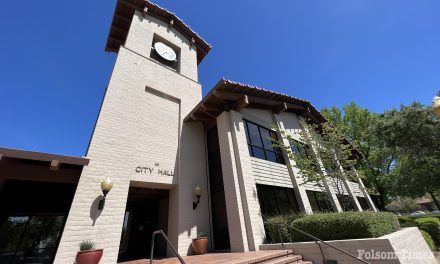FOLSOM—The City of Folsom is exploring a new framework aimed at bringing more consistency and transparency to the way it helps finance affordable housing projects.
The Community Development Department recently authorized and submitted a staff report outlining proposed Affordable Housing Loan (AHL) Program Guidelines designed to establish clear standards for evaluating requests for city-backed housing loans. If implemented, the guidelines would serve as the city’s roadmap for providing financial assistance to affordable housing developments through the Folsom Housing Fund and the Housing Trust Fund.
For the past two decades, Folsom has provided gap financing to support affordable housing through developer loan requests, typically evaluated with the help of external consultants. These loans have played a role in making multiple projects possible, but city officials note that the process has largely been reactive—responding to proposals already in motion rather than setting conditions in advance.
The proposed guidelines seek to change that by standardizing expectations up front, giving developers a clearer picture of eligibility criteria, underwriting standards, and repayment requirements before projects are submitted. Staff explained that this shift would allow the city to better manage limited housing dollars, strengthen accountability, and ensure long-term affordability.
Among the provisions, the guidelines would define project eligibility and prioritize developments aligned with the city’s housing goals, particularly those outside existing concentrations of affordable housing; align underwriting and compliance standards with state and federal programs to streamline oversight and tenant verification requirements; establish a clear formula for loan repayment based on residual cash flow, while requiring city approval of project expenses not specifically authorized; require both operating and replacement reserve accounts to ensure projects remain financially viable and physically maintained throughout a minimum 55-year affordability period; and secure affordability protections through recorded covenants, ensuring restrictions remain enforceable even in cases of ownership or financing changes.
City officials emphasized that the guidelines are designed to create a balance between consistency and flexibility, accommodating unique project circumstances while protecting public resources and housing policy objectives.
The Affordable Housing Loan Program is funded through developer fees collected from both residential and commercial projects, not the city’s General Fund. Staff noted that adopting uniform guidelines is also expected to reduce reliance on outside consultants, improving efficiency and lowering administrative costs.
Later this year, the city plans to revisit broader policy considerations tied to housing priorities, including updates to the Inclusionary Housing Ordinance.
Copyright © 2025, Folsom Times, a digital product of All Town Media LLC. All rights reserved. No portion of this publication may be reproduced, distributed, or transmitted in any form or by any means, without the prior written permission of the publisher.




